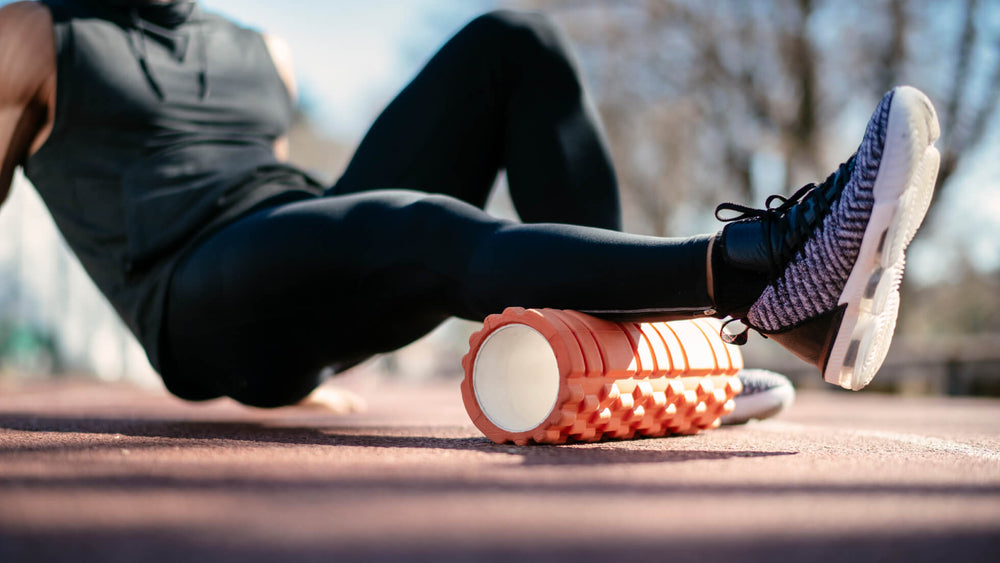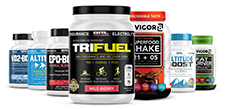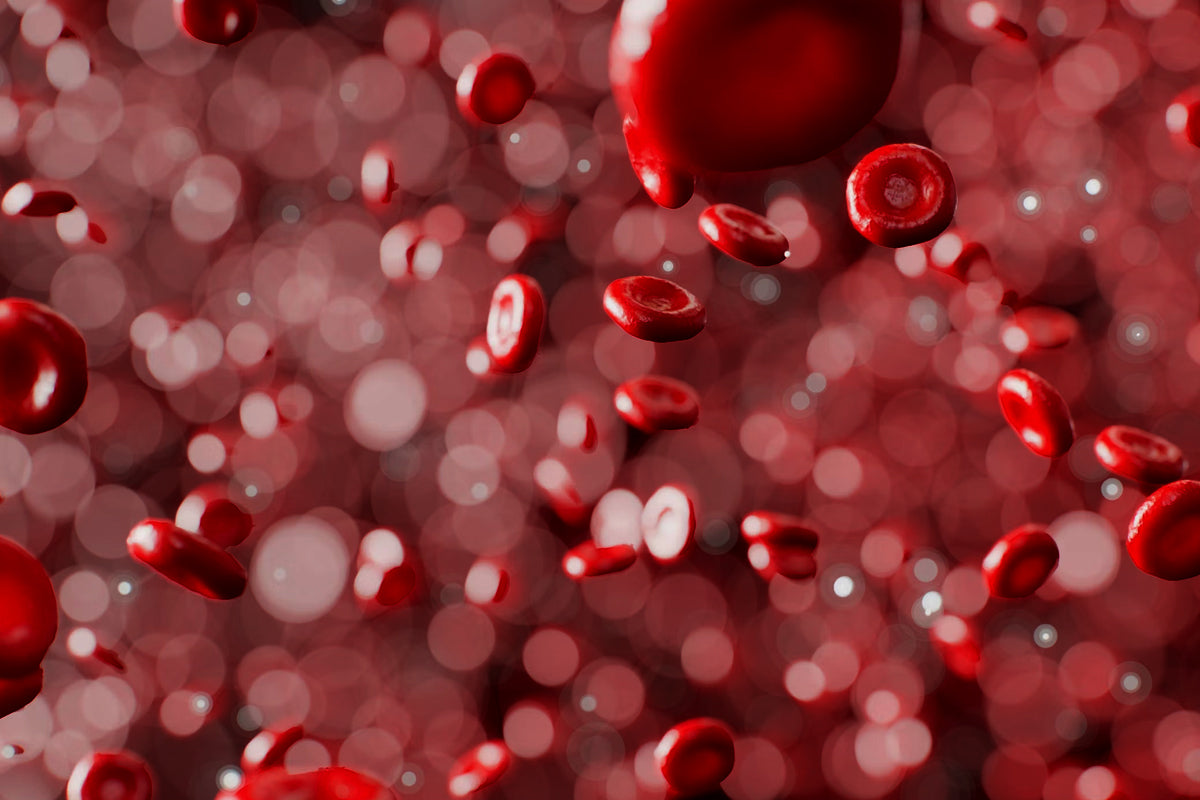EPO for Athletes: A Drug, a Natural Substance, or Both?

EPO is borderline infamous in athletic circles.
If you’ve been following virtually any professional endurance sport for virtually any amount of time, you’ve probably heard about athletes who’ve been caught using EPO and other performance-enhancing drugs. EPO is probably right up there with anabolic steroids when it comes to the most stigmatized banned substances.
But EPO may not be as scary as you think. It’s actually being produced by your body as you’re reading this! In other words, EPO can be a 100% natural substance — and you can encourage your body to produce it 100% naturally. Here’s how.
- What is erythropoietin — and why is it used for blood doping?
- EPO: a shady history
- How does EPO affect athletic performance?
- Does EPO have side effects?
- How to experience EPO’s benefits — without its downsides
What is erythropoietin — and why is it used for blood doping?
Blood doping is a term that refers to an athlete’s attempt to boost athletic performance by unnaturally raising red blood cell (RBC) count. The thinking goes like this: RBCs increase oxygen availability to muscles, and muscles that are more oxygenated are faster and stronger.
Methods of blood doping include:
- Blood transfusions
- Blood re-infusions
- The use of EPO and/or CERA
Blood doping violates the World Anti-Doping Agency’s standards and is banned in all professional sports. Most sports subject their athletes to regular drug testing to look for any anomalies that might indicate doping. Many experts, however, feel that blood doping is still running rampant behind the current of professional sports.
EPO: a shady history
EPO is a naturally occurring hormone that’s also been synthesized in the lab in more recent times.
Though EPO has been banned since the early 1990s, its ban was unenforceable until the 2000 Summer Olympics introduced blood doping tests. And that meant a lot of endurance athletes throughout the 90s and early 2000s used EPO to shatter records, break time barriers, and otherwise perform at a nearly superhuman level.
EPO’s infamy really took off in 2006, when Tour de France winner Floyd Landis tested positive for EPO and was stripped of his title. Floyd responded by accusing former teammates Lance Armstrong and George Hincapie of doping, too. American, Australian, and European endurance athletes have since been caught for illicit EPO use.
How does EPO affect athletic performance?
There’s a reason EPO’s legal status hasn’t stopped it from being prized by athletes: it works! EPO has been shown to increase red blood cell count, oxygen saturation, endurance performance, and more. Studies from the Lancet and other publications have almost universally affirmed EPO’s performance benefits. [1]
But exogenous (injectable) EPO isn’t perfect — far from it. EPO abuse comes with serious health risks.
How to experience EPO’s benefits — without its downsides
If you’re an elite athlete who’s reading this, we have some good news: EPO doesn’t have to be dangerous, illegal, or otherwise undesirable. There’s a way to boost your body’s EPO production without compromising your ethics or your health.
How? By increasing your EPO levels holistically with EPO-Boost. This all-natural product leverages 16 ingredients contained in four different nutrient complexes.
These ingredients have been shown to increase EPO levels by nearly 10%. And, because they’re all-natural, there’s virtually no risk of experiencing side effects (unless you count going faster, recovering easier, and being impervious to higher altitudes as side effects). “Incredible results for me,” says one happy cyclist, David. “[I} feel awake. Feel Stronger. Can go longer. Massive improvement in my cycling. Recovering faster as well.”
Maybe EPO isn’t so bad after all. Just as long as you obtain it from the right source.
Author: Thomas Wrona
Date: 3/21/2024
Sources
- The Lancet. Effects of erythropoietin on cycling performance of well trained cyclists: a double-blind, randomised, placebo-controlled trial.
https://www.thelancet.com/journals/lanhae/article/PIIS2352-3026(17)30105-9/abstract
Bio
As a former pro cyclist and current writer + wellness coach, Thomas has been immersed in the endurance sports world for most of his life. He holds records as the youngest-ever winner of the Junior Tour of Ireland and a member of the US’s fastest-ever team pursuit. He’s written for global CBD companies, pioneering fitness companies, and high-performance investment funds. He doesn’t just write about these topics — he’s lived them!
Take the next step in your training regimen: Try any BRL Sports supplement risk-free! If our natural nutritional products aren’t the best you’ve ever used, simply return your purchase for a 100% refund — no questions asked!
Also in Health and Wellness Blog






